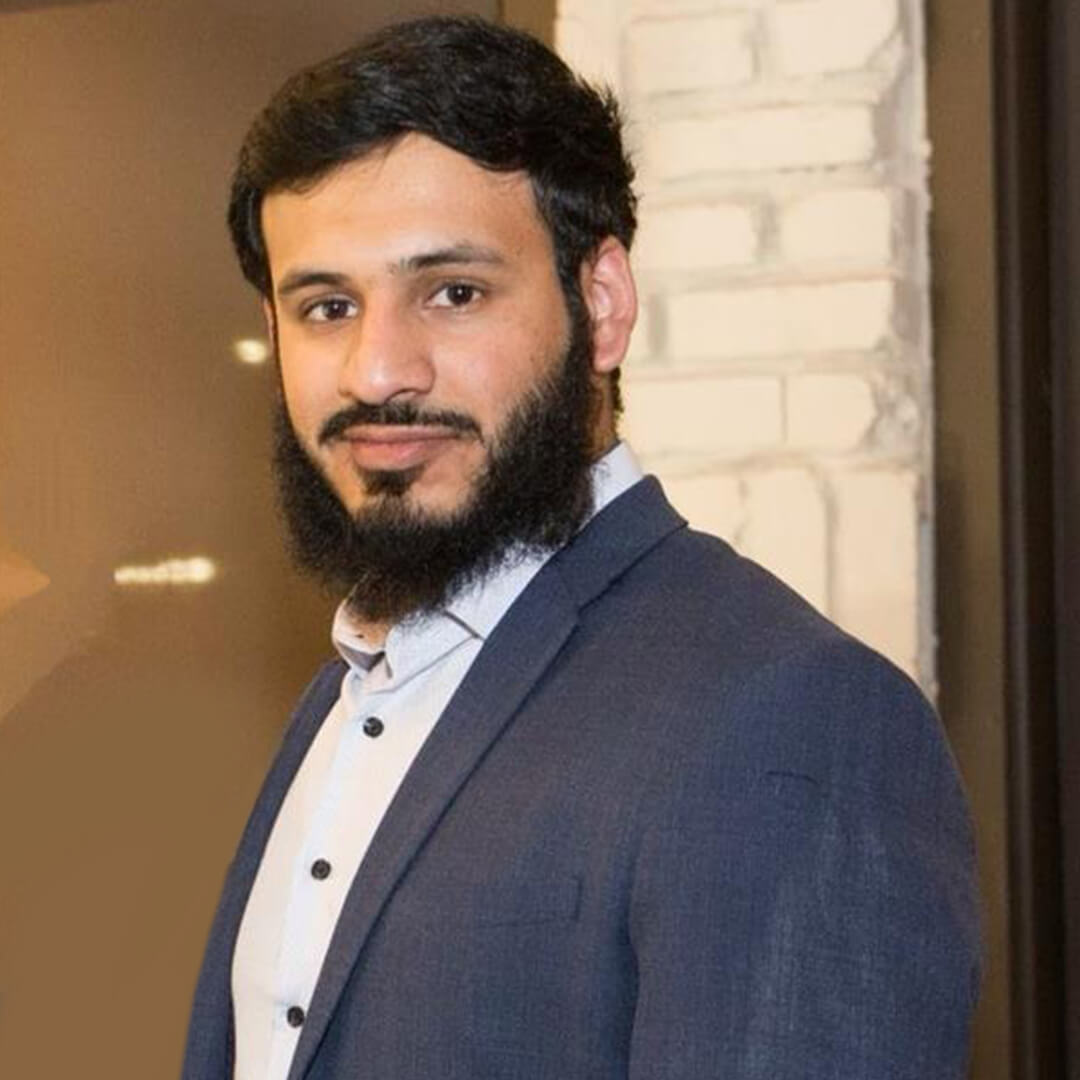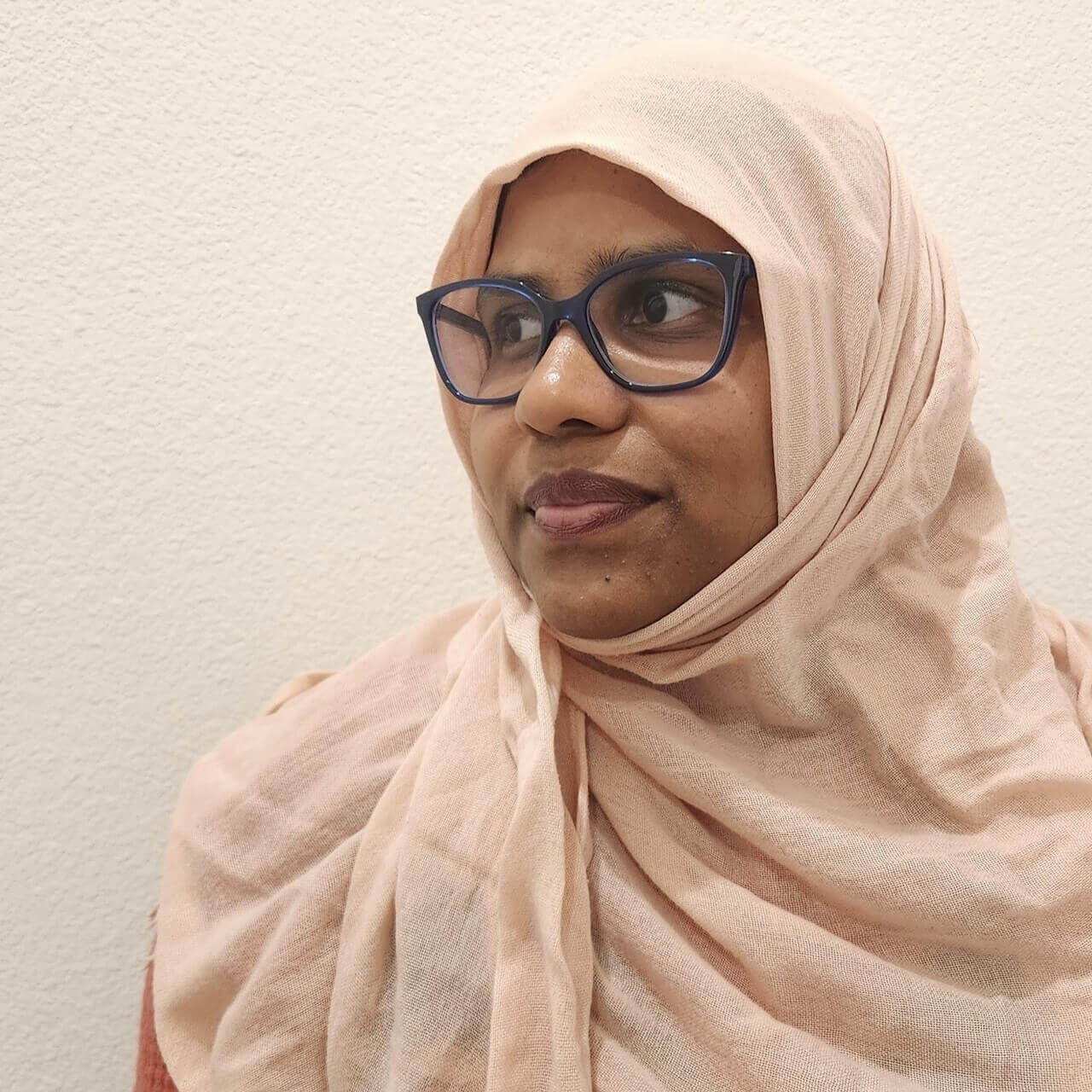Muslim societies place a high value on the family as it forms the foundation of a strong and prosperous society. Just like any other community, Muslim families may face various difficulties that can disrupt their harmony and overall well-being.
In Muslim communities, family and individual therapy or coaching are crucial in addressing these issues and creating healthier, more resilient families. Family therapy or coaching, in particular, involves experts who assist in establishing a peaceful home life and overcoming persistent obstacles.
During family therapy or coaching, therapists or coaches set goals to resolve challenges within the family or an individual’s life. In this blog, we will delve into the advantages of family therapy, highlighting the importance of building strong households through coaching services.

Diversified Perspective:
Family therapy or coaching recognizes the significant impact of a person’s family dynamics on their well-being. It examines the broader system in which problems arise and the interconnectivity among family members. This comprehensive perspective enables therapists or coaches to identify underlying patterns, power dynamics, and communication methods that contribute to family issues. By addressing these concerns, therapy or coaching can facilitate long-lasting improvements and greater well-being for all family members.
Long-Term Wellness and Support:
Family counseling or coaching focuses on the strengths and dynamics of the family unit, helping its members navigate obstacles, improve communication and cultivate healthy relationships. Through coaching sessions, families acquire skills to express their desires, concerns, and emotions in a respectful and productive manner.
Conflict Resolution:
Conflict is an inevitable part of family life, but unresolved issues can strain relationships. Family therapy or coaching equips families with techniques for resolving conflicts in a healthy and constructive manner. Therapists or coaches help family members identify the root causes of disputes, impart negotiation skills and promote empathy and understanding. By learning effective conflict resolution techniques, families can handle conflicts effectively through politeness, increasing harmony and togetherness.
Enhances Family Bonding:
The primary goal of family therapy or coaching is to improve relationships within the family. Through therapeutic treatments and activities, families engage in shared experiences that foster comprehension, trust, and empathy. Therapy or coaching assists families in strengthening their sense of closeness and support, enabling them to overcome future obstacles more successfully as a team.
Healthy Boundaries:
Establishing boundaries within the family is crucial for ensuring that everyone recognizes each other’s value and maintains a sense of self-worth, assertiveness, and importance. Family therapy or coaching provides a space to foster a sense of calm and safety while reducing anger and resentment. Establishing boundaries is very important so that everyone knows their limits and what lines not to cross.
Enhances Family Functioning and Parenting:
Family therapy or coaching offers a platform to address parenting issues and enhance overall family functioning. Therapists or coaches provide guidance and instruction on effective parenting practices, communication strategies, and boundary-setting. By improving parental skills and bolstering the family structure, therapy or coaching contributes to the well-being and development of children and adolescents within the family. It allows for better communication between the parents and children.

Communication:
Communication problems within families and couples often lead to conflicts, and addressing these issues can improve relationships. Through individual and family counseling or coaching, clients learn to manage their emotions, set boundaries and demonstrate respect for one another. They also gain the ability to understand and express their needs clearly. Families and couples develop assertive communication skills, learn how to manage conflict, and respectively agree to disagree.
Utilizes Family Strengths:
Family therapy or coaching focuses on strengths rather than solely on issues. Therapists or coaches identify and highlight the family’s strengths, resources, and resilience. By recognizing and utilizing these strengths, therapy or coaching equips families with the tools they need to confront challenges and achieve their goals. This strength-based approach fosters optimism, motivation, and empowerment, allowing families to thrive and grow together.
Provides Emotional Support:
Family therapy or coaching creates a safe environment where family members can freely express their feelings, concerns, and vulnerabilities. Therapists or coaches foster a compassionate and accepting atmosphere, making individuals feel heard and understood. This emotional support can be particularly beneficial during times of change or challenging periods in life. The shared experience of therapy or coaching fosters a sense of connection and comfort, reassuring family members that they are not alone in their struggles.
Conclusion:
Family and individual counseling or coaching play a vital role in the thriving and resilience of Muslim families. By addressing stigma, incorporating Islamic principles into treatment, enhancing family dynamics, and promoting individual well-being, therapy or coaching can help Muslim families navigate difficulties, resolve conflicts and strengthen their bonds.
It is crucial for therapists or coaches to approach therapy or coaching with cultural sensitivity and an understanding of the diversity within Muslim communities. With the support of culturally competent therapists or coaches, Muslim families can flourish and build stronger, happier relationships.
Family and individual therapy or coaching provide the necessary tools and guidance to create enduring and harmonious family units, contributing to the well-being and success of Muslim communities.
FAQ’s
What is family therapy or coaching?
Family therapy or coaching involves experts who assist families in establishing a peaceful home life and overcoming persistent obstacles by addressing family dynamics and interpersonal relationships.
What are the benefits of family therapy?
Family therapy helps in improving communication, resolving conflicts, establishing healthy boundaries, enhancing family bonding, and strengthening overall family functioning and parenting.
How does family therapy address conflicts within families?
Family therapy equips families with techniques for resolving conflicts constructively by identifying root causes, imparting negotiation skills, and promoting empathy and understanding among family members.
How does family therapy enhance family bonding?
Family therapy enhances family bonding by engaging families in shared experiences that foster comprehension, trust, and empathy, ultimately strengthening their sense of closeness and support.
What role does family therapy play in improving communication within families?
Family therapy teaches families effective communication strategies, helps manage emotions, sets boundaries, and encourages respect, ultimately fostering clearer and more respectful communication among family members.








